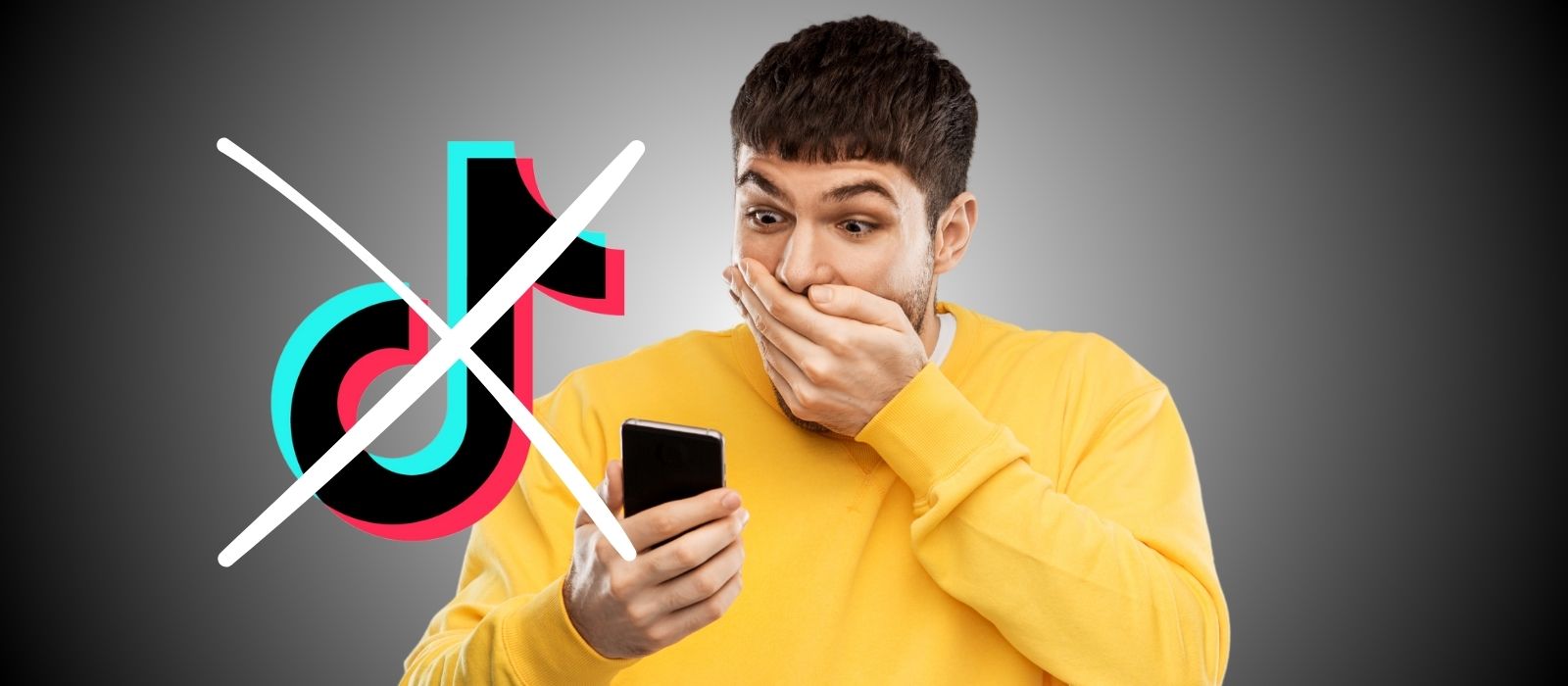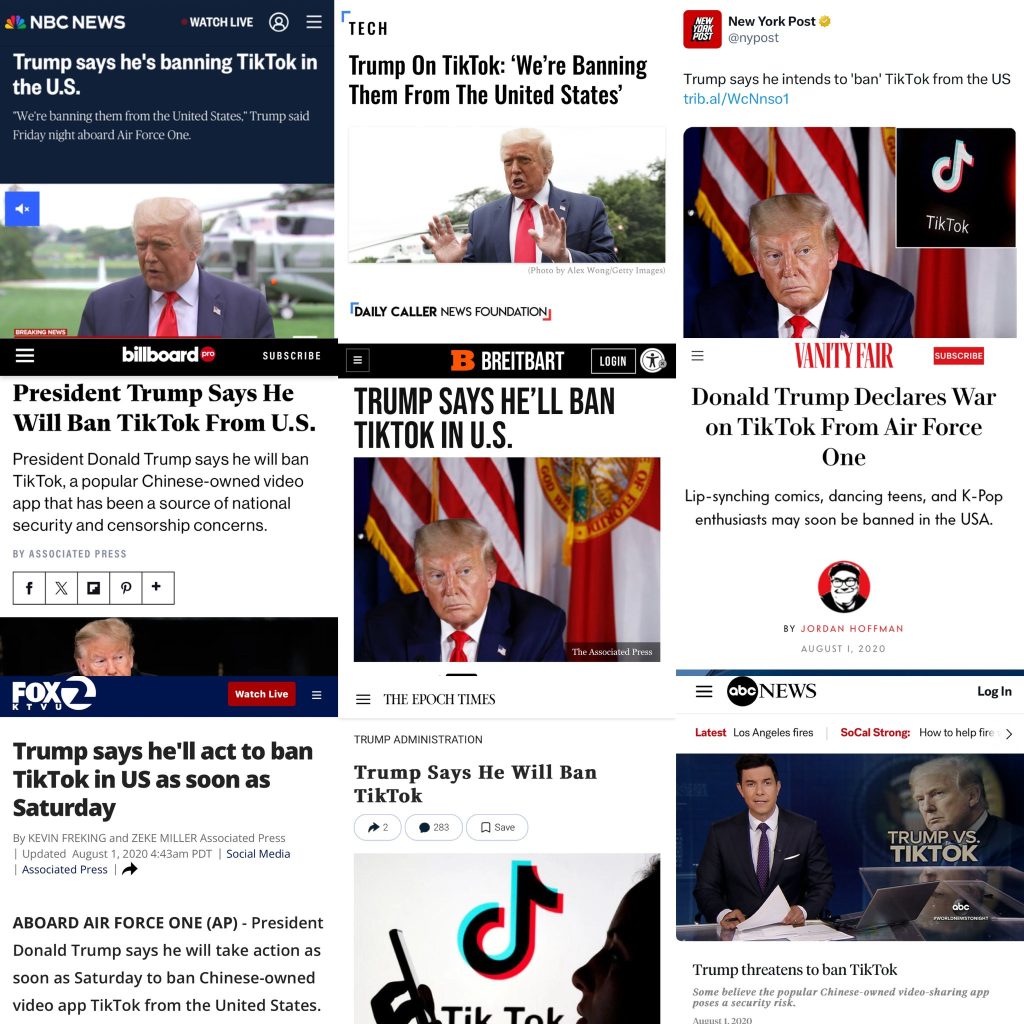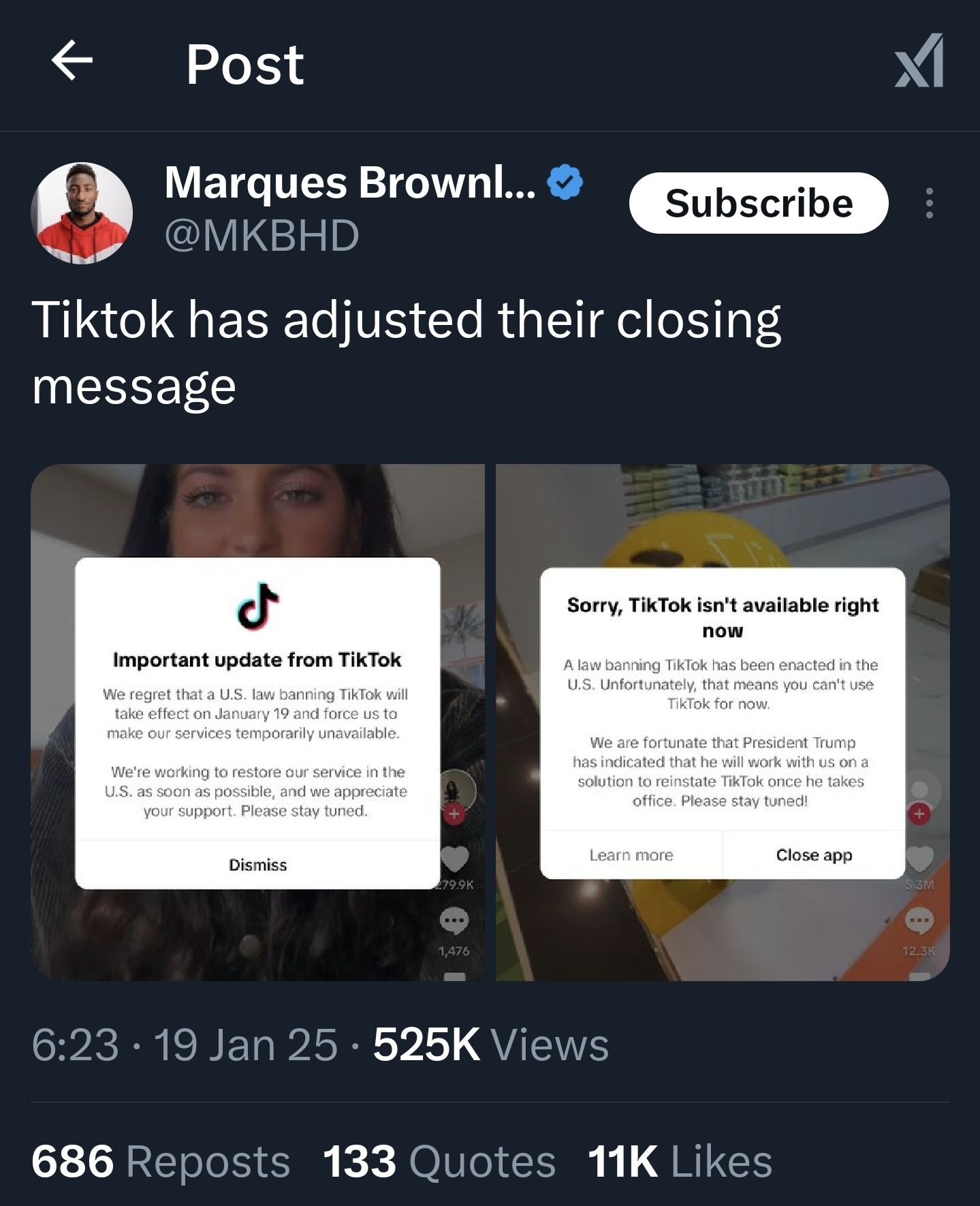
TikTok has officially been banned in the United States, leaving millions of users unable to access the app. Those attempting to open TikTok within U.S. territories are greeted with a message stating:
“Sorry, TikTok isn’t available right now. A law banning TikTok has been enacted in the U.S. Unfortunately, that means you can’t use TikTok for now. We are fortunate that President Trump has indicated that he will work with us on a solution to reinstate TikTok once he takes office. Please stay tuned!”
The ban has sent shockwaves through the creative and business communities, with many questioning the future of content creation, marketing, and education without the popular platform.
Elon Musk, owner of the 𝕏 platform (formerly Twitter), criticized the decision, stating, “TikTok should not be banned in the USA, even though such a ban may benefit the 𝕏 platform. Doing so would be contrary to freedom of speech and expression. It is not what America stands for.”
Valarie R. Austin, author and keynote speaker, highlighted the broader implications of the ban in a LinkedIn post. She described TikTok as a vital tool for young professionals, small business owners, educators, and content creators, offering unique opportunities for career growth, global connectivity, and access to unfiltered information.

“For America’s young professionals, TikTok has become an essential career development platform. Small business owners use it to drive traffic to their brick-and-mortar stores, content creators build global audiences to monetize their expertise, and educators connect with communities in innovative ways,” Austin wrote. She also pointed out that TikTok has provided real-time access to global events, such as the Israeli-Palestinian conflict, offering unfiltered perspectives that cultivate awareness.
Critics of the ban argue that alternatives like RedNote and Lemon8, which also have ties to China, or U.S.-based platforms like Meta and YouTube, do not provide the same accessibility, diversity, or monetization options. This shift could limit opportunities for independent creators and small businesses, centralizing control of digital information under fewer companies and stifling diverse voices.
The ban has ignited debates about freedom of speech, digital innovation, and global connectivity. As creators and businesses scramble to adapt, many are left wondering about the long-term impact on their careers and the future of digital platforms in the U.S.



